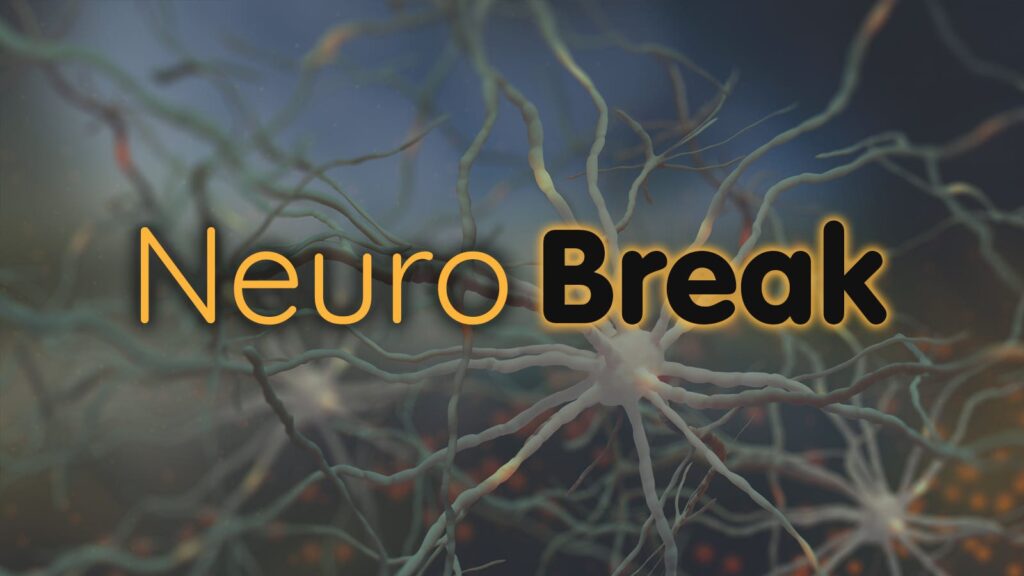A blood panel predicted Parkinson’s disease up to 7 years before symptom onset. (Nature Communications)
Homozygosity for R47H in the TREM2 gene substantially raised the risk of Alzheimer’s disease. (New England Journal of Medicine)
Self-reported psychosocial experiences were linked to brain mitochondrial biology. (PNAS)
The FDA approved pitolisant (Wakix) to treat excessive daytime sleepiness in pediatric patients with narcolepsy ages 6 years and older, but rejected the drug for cataplexy in the same age group, Harmony Biosciences said.
Gender-affirming hormone therapy interacted with commonly prescribed neurologic medications and raised stroke risk among transfeminine people, and sex hormones may play a role in multiple sclerosis disability progression, an evidence review showed. (Neurology Clinical Practice)
PET scans revealed progressively higher brain estrogen receptor density during menopause, which predicted mood and cognitive symptoms. (Scientific Reports)
Larger white matter hyperintensity burden was associated with incident all-cause dementia and Alzheimer’s disease. (JAMA Network Open)
Researchers explored subgroups and sex differences related to the mitogen-activated protein kinase (MAPK) pathway in amyotrophic lateral sclerosis (ALS). (Nature Communications)
Doctors in Greece reported a rare case of COVID-19 that presented as encephalitis and myopericarditis. (Cureus)
The FDA rejected foscarbidopa/foslevodopa (ABBV-951), a solution of carbidopa and levodopa prodrugs to treat motor fluctuations in advanced Parkinson’s disease, citing problems spotted during an inspection of a third-party manufacturer, AbbVie said. The inspection did not involve ABBV-951 or any AbbVie medicine.
A 13-year-old boy with Lennox-Gastaut syndrome became the first patient to participate in the CADET trial of deep brain stimulation (DBS) for pediatric epilepsy, the Great Ormond Street Hospital for Children announced. Unlike other DBS devices that are mounted on the chest, this one was mounted on the skull.
-
Judy George covers neurology and neuroscience news for MedPage Today, writing about brain aging, Alzheimer’s, dementia, MS, rare diseases, epilepsy, autism, headache, stroke, Parkinson’s, ALS, concussion, CTE, sleep, pain, and more. Follow
Please enable JavaScript to view the

